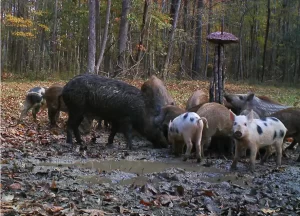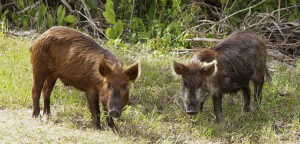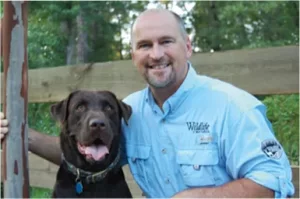As a retired wildlife biologist and manager of family land for wildlife, Wildlife Trends Journal (WTJ) allows me to keep up with the updated research that is produced that has management strategies I otherwise would not have access to. Topics covered in WTJ provide a range of wildlife management information, implemented by on-the-ground biologists and land managers proven to be successful. And for the serious private landowner, WTJ is a critical tool for sound land management information. In addition, being a wildlife biologist versus a fisheries biologist, and having a small pond on our property, the fisheries management articles provide me with techniques I can apply to our pond with confidence.
I have been a big advocate of the practical wildlife management information provided in WTJ, written in simple-to-understand narratives. While I was the state private lands supervisor for the Arkansas Game and Fish Commission, I provided WTJ subscriptions to all my private lands biologists because I felt the application of this to private lands management was paramount to my biologists having access to this practical management information to increase their knowledge and effectiveness with landowners.
Although I am retired, I provide occasional consultation with private landowners and for those serious about management, I recommend they consider subscribing to WTJ. I guess biologists never really retire: I still recommend WTJ to friends and anyone I find that has private lands and is seriously interested in managing land for wildlife.
Sidenote: A tribute to the value of WTJ was further discovered when several other biologists in Regional Wildlife Management Offices over the state took their first look at WJT a private lands biologist had, and they asked to see future editions when they came in. That’s another testament to the value of WJT.
Bottom line, WTJ fills a void with very timely and practical wildlife management guidance and information to private landowners that otherwise can be hard for them to obtain.
Joseph Long
Retired wildlife biologist
Arkansas



